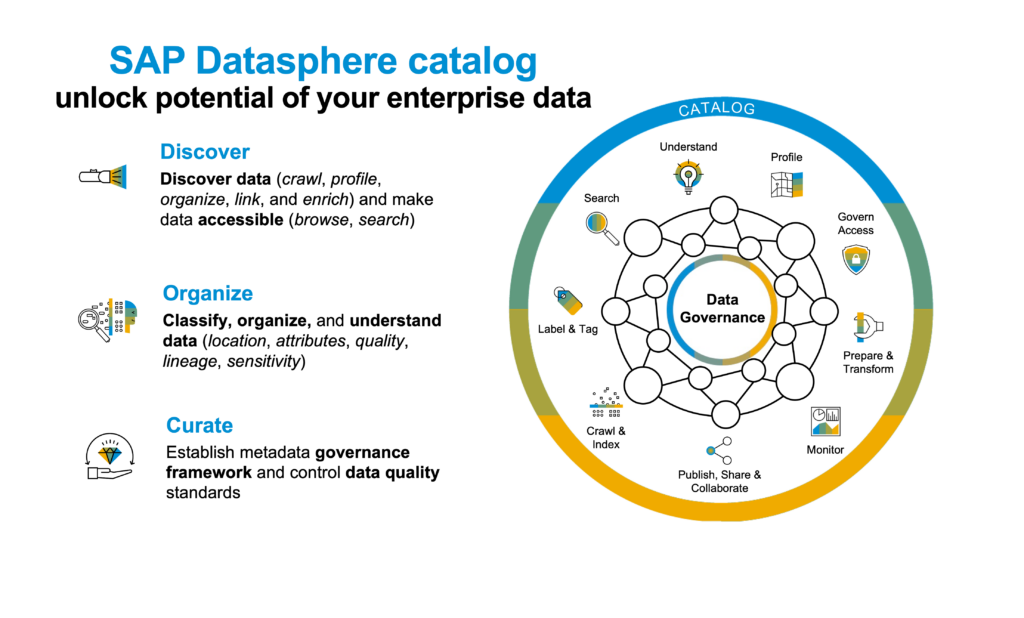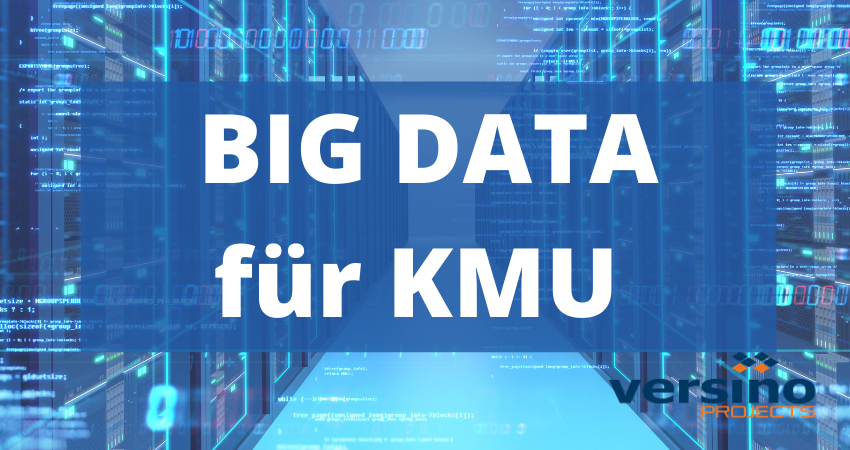Business intelligence or predictive analytics: both are available as an application package for analysing data. But what is the difference? While a Business intelligence solution (BI) While the data analysis software takes care of visualising and exploring the data, predictive analytics software creates a model of probable future events based on the analysis of the data.
The term BI has been on everyone's lips for some time now. The attractive aim is to visualise data on dashboards in such a way that they quickly and easily provide the information that is being searched for. This allows users to recognise simple patterns, trends or relationships as "intelligent". An important tool for managers and directors who have to make decisions based on such analyses.

Predictive Analytics: The Glass Ball Business Intelligence
And this is where the function of predictive analytics really comes into play. Instead of "what happened?", the question is now "what could happen?". The analytical technique draws on the patterns that emerge in the data records and maps what will happen if these patterns remain or what could happen if these patterns change.
Benefits for companies
This possibility of analysing the future can be of real benefit to companies, as it makes customer behaviour, product and risk management, but also profit forecasts etc. visible and, above all, predictable. Predictive analytics software is often used as an extension to the BI in ERP system developed and offered. To date, however, competent maintenance of the data and a certain level of software expertise have been necessary in order to utilise the benefits of the application for the company. In future, however, solutions will be simplified for non-specialised users.
However, the benefits of predictive analytics software can only be utilised by companies that have a healthy data management system. After all, only reliable data ensures reliable results. The Completeness of the dataand a sensible system to avoid redundancy and errors. Here a contribution on how you can optimise your data master.

Data warehouse or data lake

Big Data - Relevant for SMEs?

Data analysis for SMEs

Work 4.0: Faster, further, higher or deceleration?

Study on BIG DATA data analysis in companies by KPMG and Bitkom Research

Are German SMEs missing out on digitalisation?

Data quality & AI : AI can only be as good as your data

SAP tools for integration & data analysis 2023

Dashboard functions in MARIProject

More key figures transparency in the ERP system

Data warehouse or data lake

